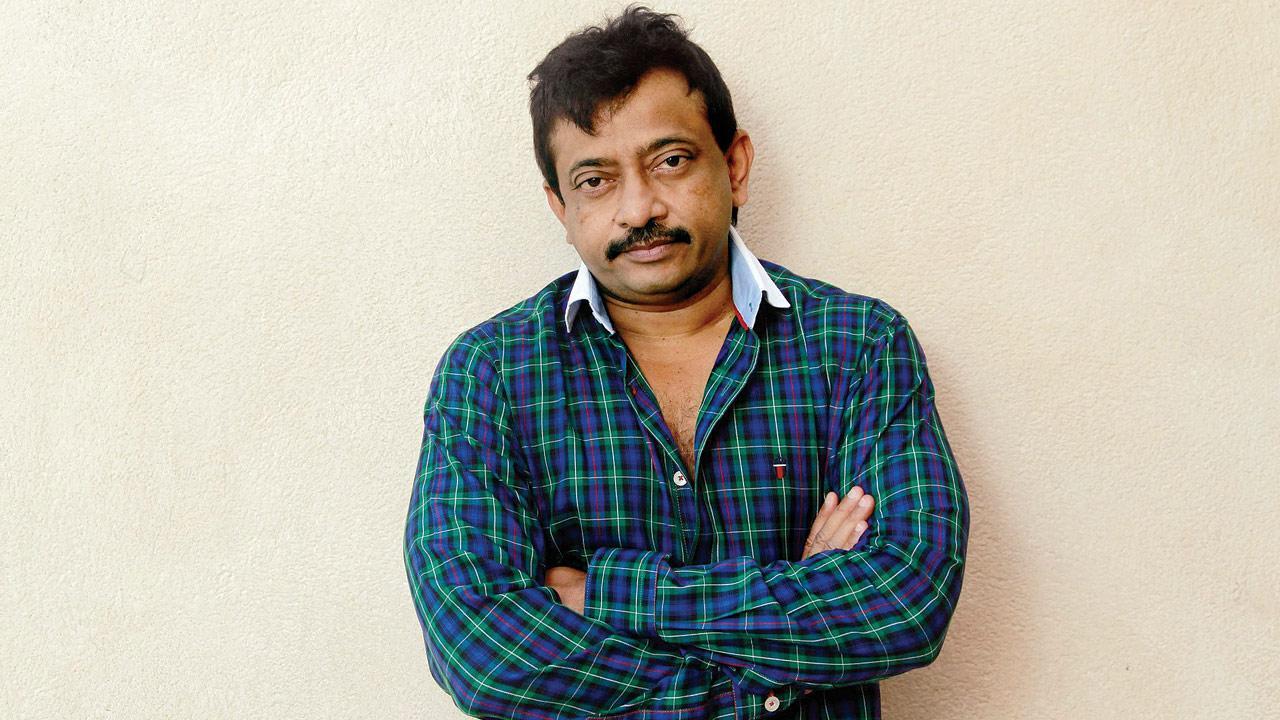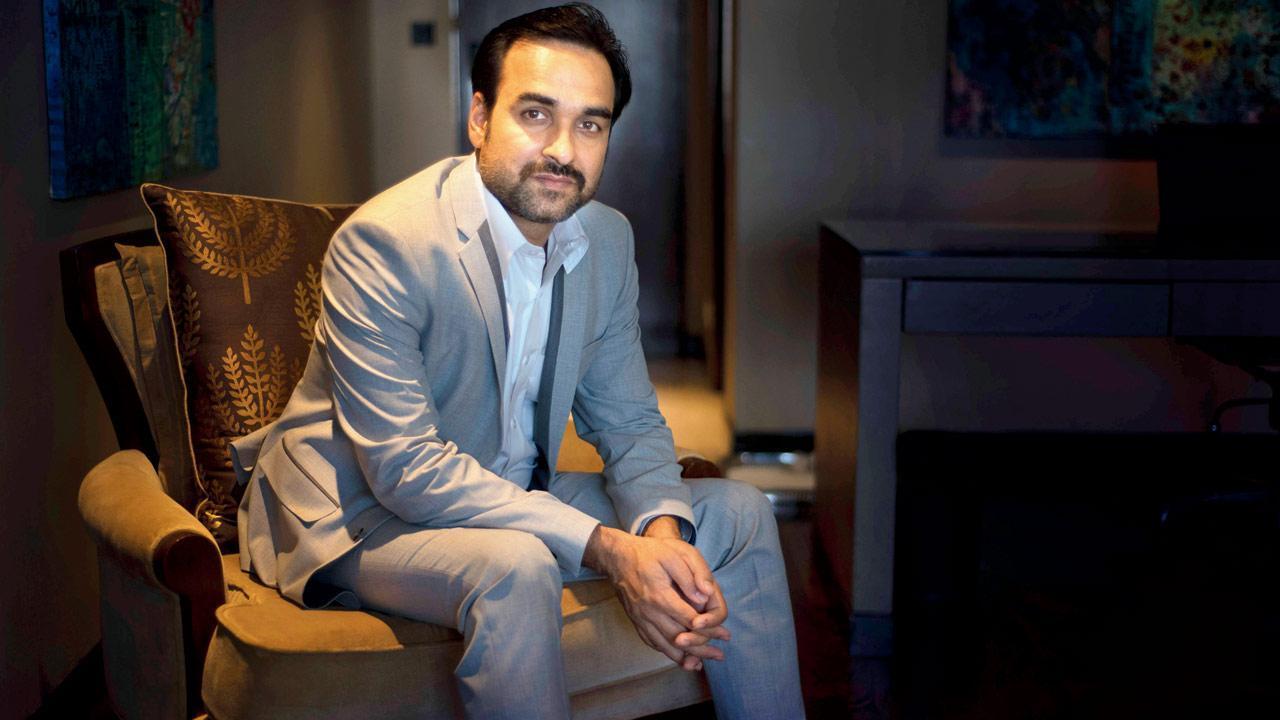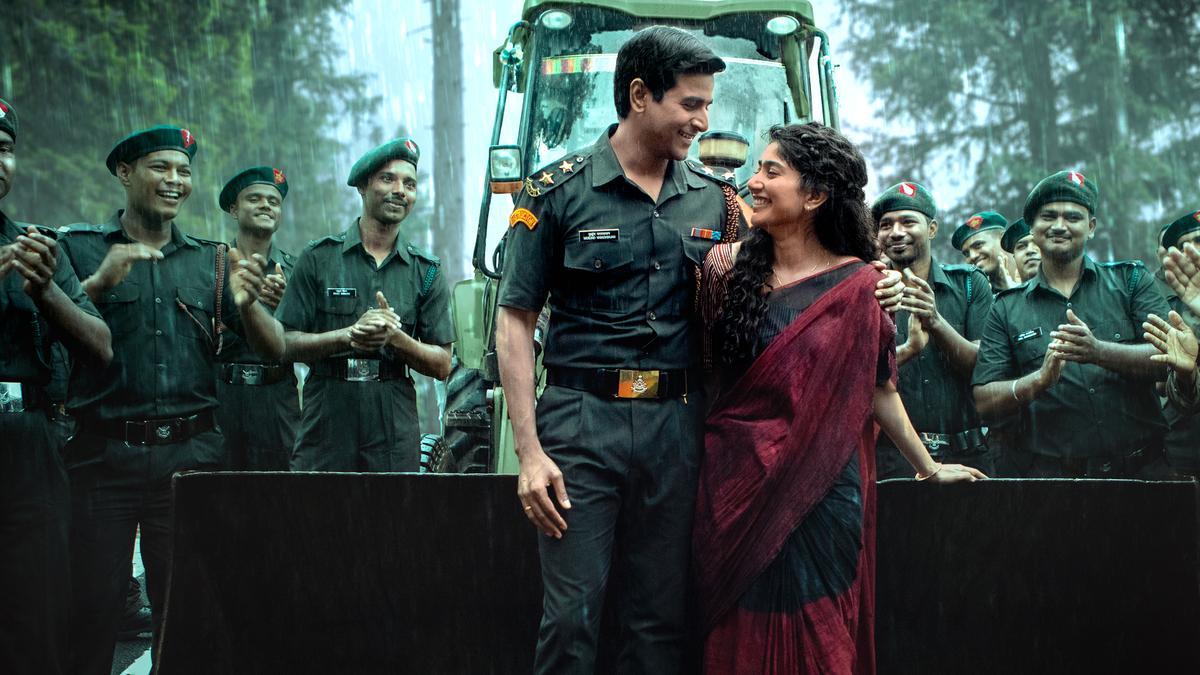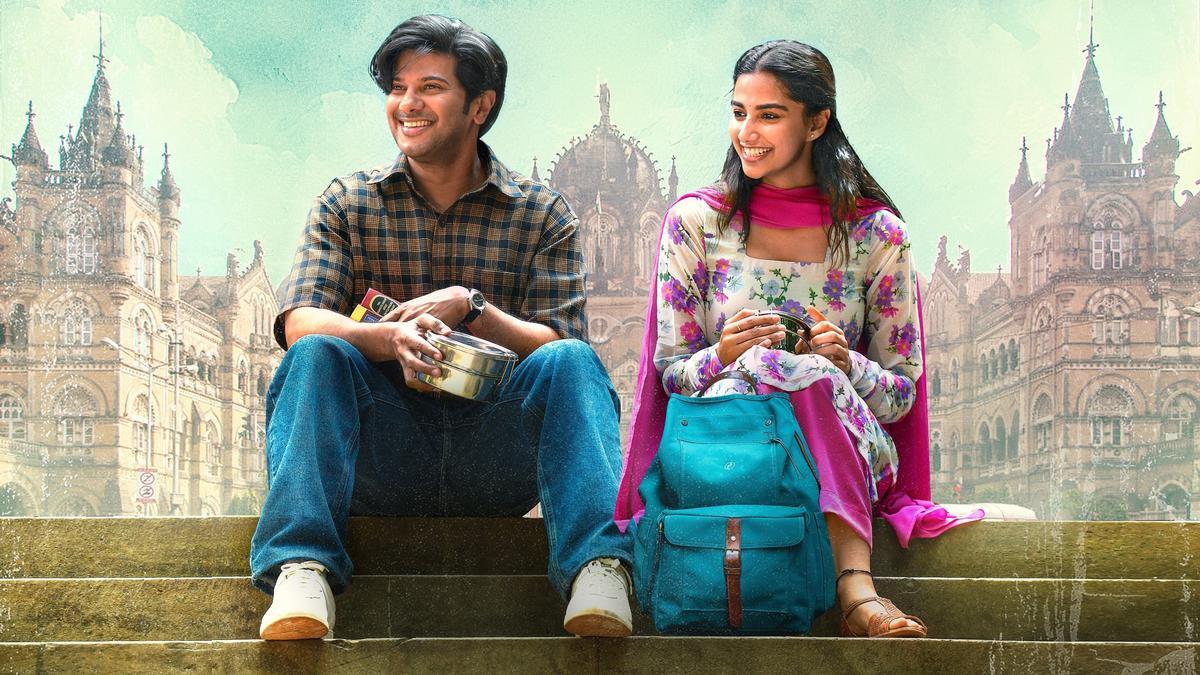
In an intimate dialogue about parenthood and familial bonds, Madhu Chopra, mother of international star Priyanka Chopra, has shared her heartfelt feelings toward the concept of nuclear families. If she had her way, she’d dismantle the style of family structure entirely, favoring a more woven tapestry of relatives involved in the upbringing of children. In the eye-opening book “Raising Stars” by Rashmi Uchil, it is revealed that Priyanka’s frequent mention of her family during interviews is rooted deeply in being nurtured not only by her parents but an entire kinship circle.
With a successful career in the medical field, Madhu Chopra, alongside her husband, had to juggle her professional commitments with raising two children, Priyanka and Siddhant. However, she made it her mission to ensure that her kids were never left unsupervised or isolated. They were instead surrounded by a robust circle of affection from relatives.
Madhu Chopra is known to express enormous pride when it comes to her children, calling them her proudest achievements. “I am the proudest mom, and Priyanka is my favorite topic of conversation,” she stated, her voice echoing the depths of maternal love and admiration. She admits to having provided minimally due to her career demands but is amazed at how magnificently Priyanka has flourished despite this.
Speaking to the perennial debate of parental influence, Madhu proposes that a mother’s impact is monumental, suggesting it accounts for 95% of the shaping of a child’s character and values, while the remaining 5% is shared amongst the father and other family members. Yet, throughout her demanding career, she made it clear that not once did her children complain of feeling neglected or abandoned.
Madhu’s strong convictions about family extend to a robust critique of the nuclear family setup, which she believes should be “thrown out of the window.” Her children’s formative years were speckled with the presence and love of their ‘maasi’ (aunt), ‘mani’ (maternal grandmother), ‘mama’ (maternal uncle), and a fleet of cousins. For Madhu, family solidarity ranks paramount, and this emphasis on kinship has carried over to her children.
The Chopra family revels in their large family gatherings, rooted in spontaneity and joy. With an extended family of eighteen children between her and her spouse’s sides, reunions are brimming with energy and are nearly indistinguishable from those with siblings. The bond among the cousins is rock solid, fortified by shared experiences and unwavering affection.
Even as Madhu looks toward the future, she is confident that this bond is perpetual. “Even after me, they will be there for each other,” she reflects, a sentiment that underscores the enduring strength of extended family ties.
However, in retrospect, one decision that Madhu Chopra seems to ponder with a sense of regret is the choice to send young Priyanka to boarding school. Recalling the outcome with a note of sorrow, she admits, “I still cry when I think about it and I still feel guilty. My fault was that I sent her to a boarding school. Not the best decision of my life.”
The insights provided by Madhu Chopra stir a conversation about the structure of family life and the nurturing of children. They emphasize a collective approach, where the responsibilities and joys of raising children are embraced not only by parents but by aunts, uncles, grandparents, and cousins. By advocating for the extended family network, Madhu Chopra challenges conventional parenting norms and suggests that a village, indeed, it takes to raise a child to their fullest potential.










